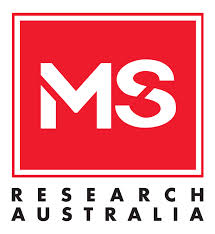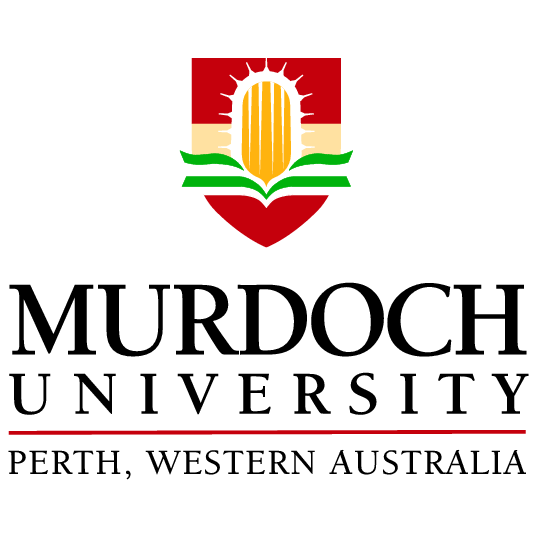MS Research Australia Funds Project on MS and Epstein-Barr Virus

 MS Research Australia has awarded a $150,000 grant to support a project being conducted at Murdoch University aimed at expanding scientific knowledge on the correlation between multiple sclerosis (MS) and Epstein-Barr virus infection. The research grant was awarded to David Nolan, an adjunct associate professor at the Institute of Immunology and Infectious Diseases (IIID), and will fund two years of investigation.
MS Research Australia has awarded a $150,000 grant to support a project being conducted at Murdoch University aimed at expanding scientific knowledge on the correlation between multiple sclerosis (MS) and Epstein-Barr virus infection. The research grant was awarded to David Nolan, an adjunct associate professor at the Institute of Immunology and Infectious Diseases (IIID), and will fund two years of investigation.
Nolan’s research will focus on MS and the infectious condition known as glandular fever or kissing disease, following encouraging results on the link between MS development and viral infections. In addition to Dr. Nolan, Dr. Allan Kermode and Dr. William Carroll, members of the Demyelinating Diseases Research Group, will also join the project.
“Through the research funding Dr. Nolan and his team will be able to investigate how a common virus interacts with the immune system of people with MS,” stated the CEO of MS Research Australia, Matthew Miles, in a press release. “His research will provide greater understanding of the causes of MS, and will help to guide the development of potential new monitoring and treatment options.”
MS Research Australia awarded the two-year $150,000 grant to help improve the burden of the 23,000 MS patients who live in Australia. “It appears that there is a strong association between the Epstein-Barr virus and MS but it’s too early to say if it is the cause,” explained Nolan about his research.
[adrotate group=”4″]
“We know that the Epstein-Barr virus specifically infects immune cells that produce antibodies, B cells, essentially hiding away within the immune system,” continued the investigator. “For reasons that are still poorly understood, it seems that those affected by MS have an abnormal response to this virus and that the nervous system might be unintentionally targeted by the immune system as part of this response.”
Nolan and his research team are planning to search for infected B cells while attempting to develop a targeted treatment to address them. The main purpose of the project is to find a way to stop disease progression through novel therapeutic approaches that can address the underlying mechanisms of the disease.
During these two years, researchers will focus on Epstein-Barr virus infected cells. “The research funding gives us a chance to make a real step forward in understanding the basis of Multiple Sclerosis and therefore improving both disease monitoring and treatment. We are thankful for the opportunity provided to us by MS Research Australia to continue with this exciting work,” added Dr. Nolan.









